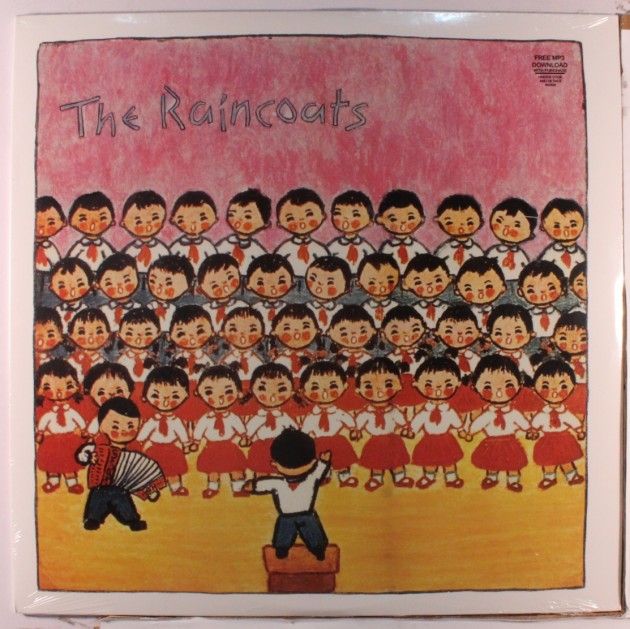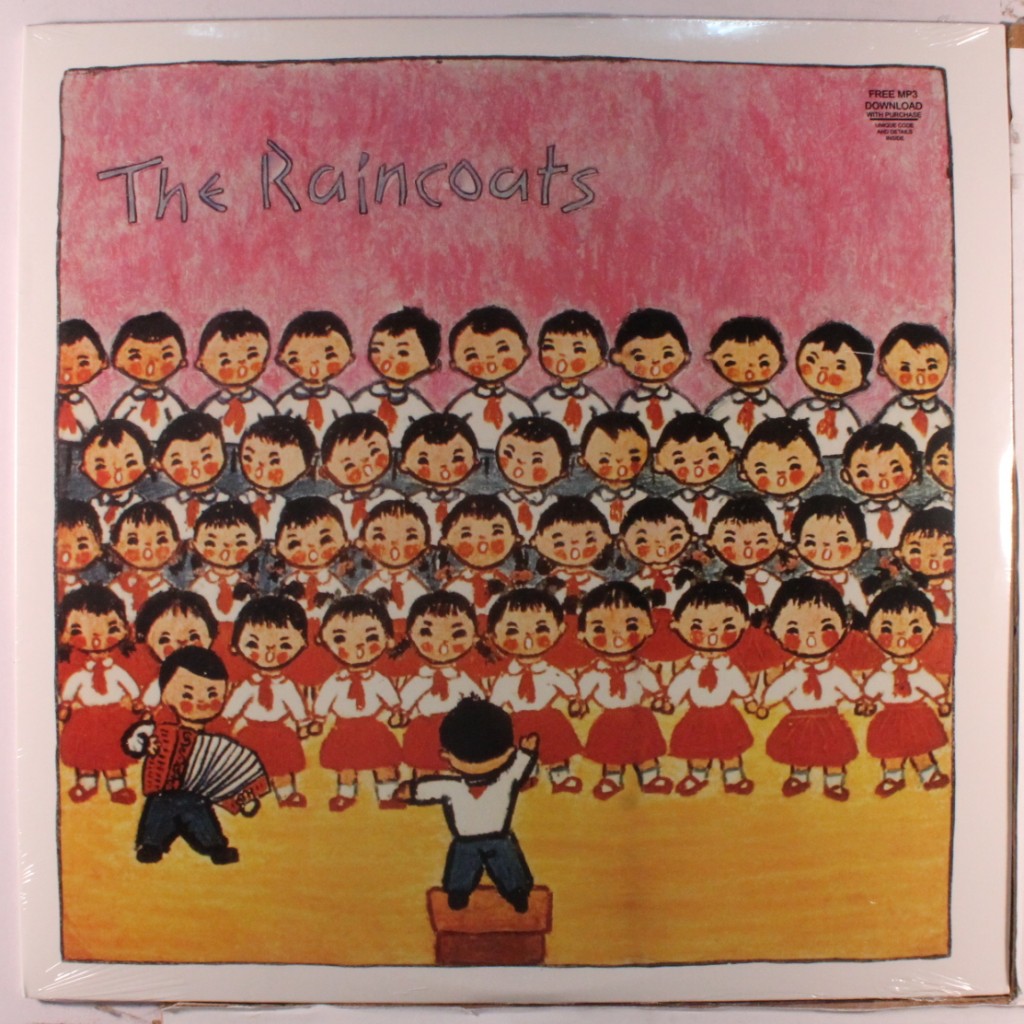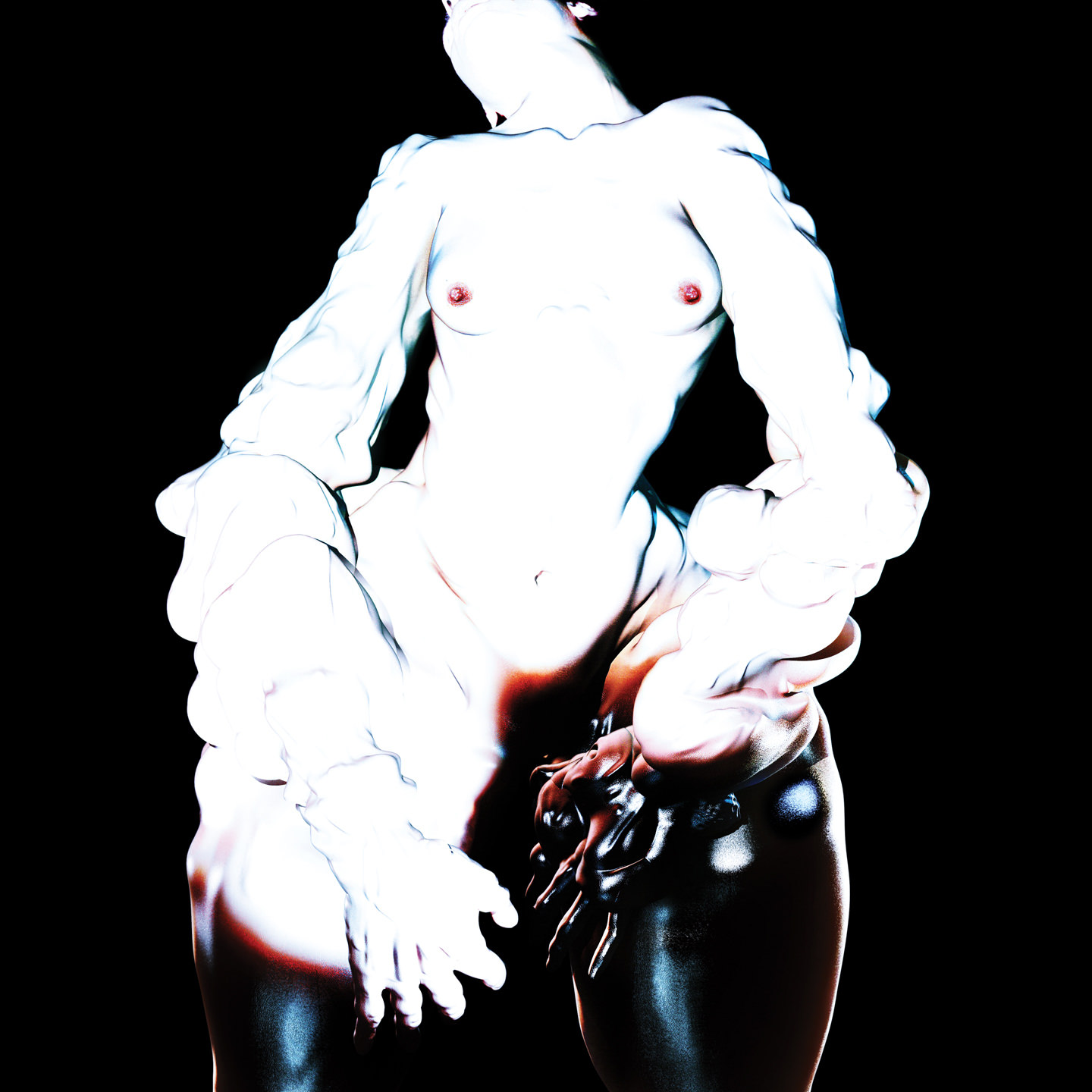1979 was the peak year for post-punk. Picking up the torch from the already stale and fast dying punk scene, adopting its spirit but injecting it with a new sense of invention, artistry and a range of eclectic influences in place of punk’s self inflicted limitations, there were genre defining debuts from Joy Division and Gang Of Four, as well as classic follow ups from the likes of Wire and Public Image Ltd among many others. The Fall even released not only their first but also their second album that year, featuring two almost entirely different lineups, immediately starting as they would mean to go on. One album too often overlooked among that year’s veritable sea of greatness, however, is the self titled debut from London foursome The Raincoats, which turns 35 years old this month.
Initially formed in late 1977 when Gina Birch and Ana De Silva found themselves spellbound after seeing The Slits live, they later inherited Slits drummer Palmolive when she left that band due to tensions with the other members. While The Slits had the typical punk attitude nailed (riotous on stage antics; appearing naked apart from loincloths and some mud on the cover of debut album Cut), The Raincoats were more typically post-punk – normal art student types crafting amateurishly performed yet incredibly interesting songs while dressed in cardigans – “ordinary people playing extraordinary music” as Sonic Youth’s Kim Gordon later described them. While The Slits and others like PiL and Pere Ubu took heavy influence from dub and reggae music as well as Krautrock, The Raincoats debut is firmly rooted in folk music, in part helped by the addition of Vicky Apsinall on violin which immediately sets their sound apart from that of their contemporaries.
Palmolive creates a wonderful fidgety clatter throughout the album’s short running time (the original album barely breaches the 30 minute mark, though reissues usually include contemporaneous single ‘Fairytale In The Supermarket’ as an opening track) while Birch and De Silva’s bass and guitar flail around often struggling to stay in time, yet somehow it all works thanks to their sense of melody. De Silva is quoted in Simon Reynold’s excellent post-punk history ‘Rip It Up And Start Again’ as saying, “We rehearsed for hours, but we always fell apart”, and even the classically-trained Aspinall will often sound hideously out of tune, most likely by design, but it only ever adds to the charm. Their take on The Kinks‘ ‘Lola’ is joyous, though things also take a darker turn on the beautiful violin-led dirge of ‘The Void’. Easily the most enduring track on offer though is the biting ‘Off Duty Trip’, tackling a rape case of the time where the defendant was given a lenient sentence so as not to damage his career in the military. The words, “A soldier’s life is very tough/He’s tender, loving, when fighting’s through” are delivered with the fiercest sarcasm, though the vocal harmonies on the rousing chorus are gorgeous, all underpinned by Birch’s fantastically melodic bassline.
While they would go on to develop more confident musicianship on 1981’s follow up Odyshape and beyond, they would never better the charm displayed on their debut. Listening to it feels less like listening to an album that it does sitting in the corner of their practice room. As devoted Raincoats fan Kurt Cobain wrote in his liner notes to the album’s 1993 reissue: “When I listen to The Raincoats I feel as if I’m a stowaway in an attic, violating and in the dark. Rather than listening to them I feel like I’m listening in on them. We’re together in the same old house and I have to be completely still or they will hear me spying from above and, if I get caught – everything will be ruined because it’s their thing.”
Cathal McBride






